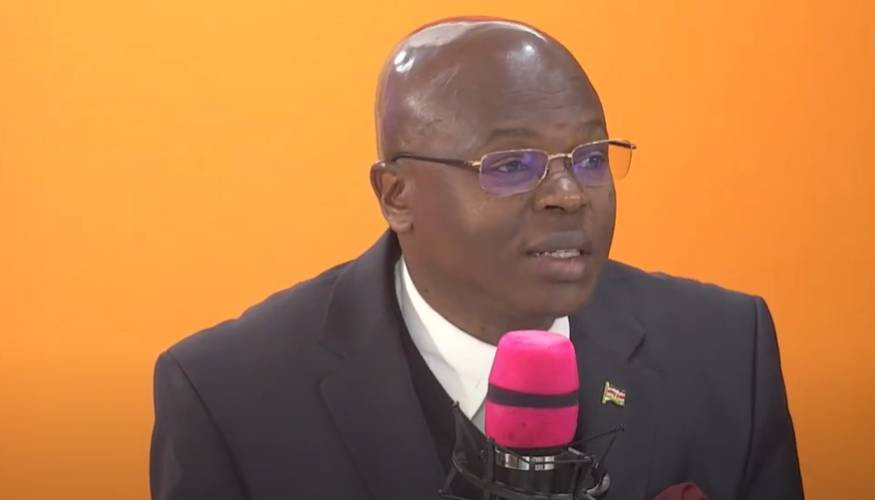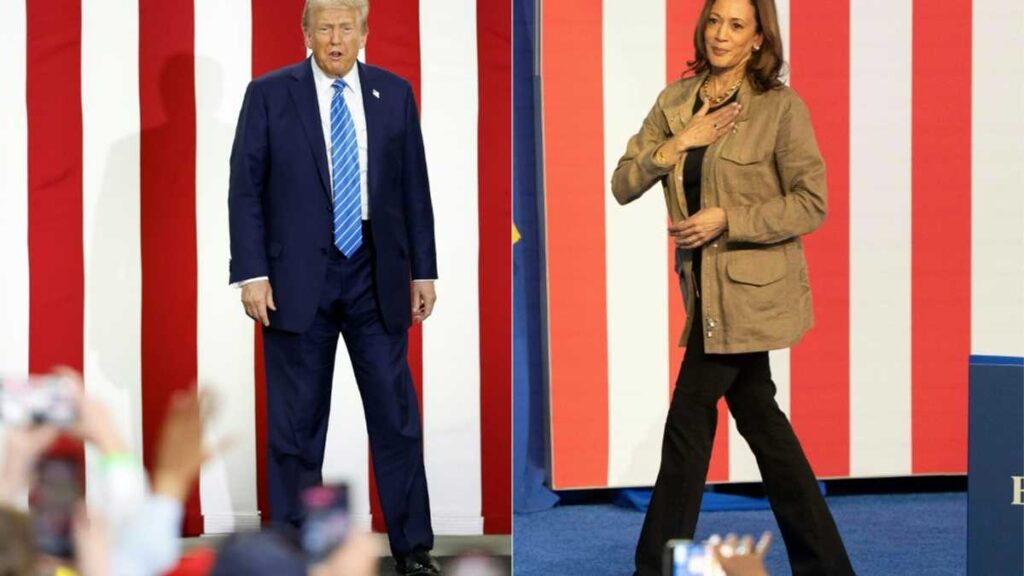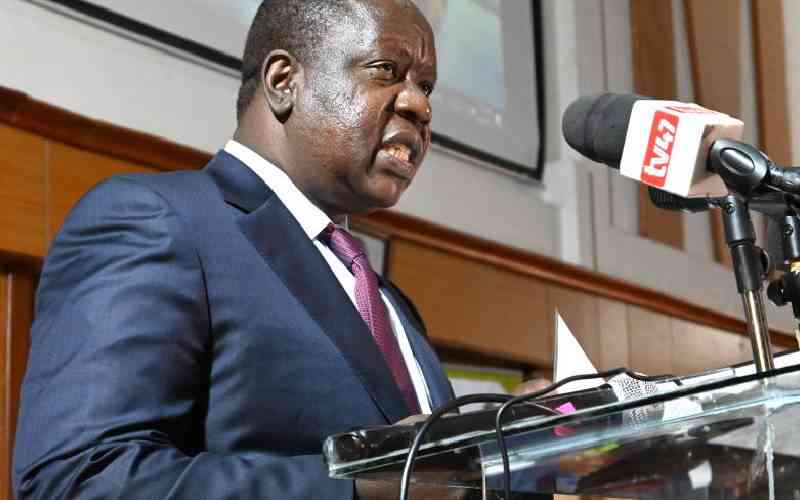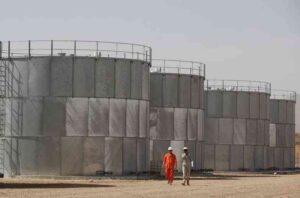The United States’ targeted military strike on three Iranian nuclear facilities has sparked global debates, and a Kenyan scholar now warns the fallout could greatly affect Kenya.
Speaking on Spice FM on Monday, June 23, Dr. Kenneth Ombongi, a senior lecturer in the Department of History and Archaeology at the University of Nairobi, warned why Kenya should be concerned and justified the intervention as the United States foreign policy to protect Israel.
“We may not be right in the crisis of this distant war, but the war is going to walk into our home through the price of bread and petrol, “said Ombongi.
Dr. Ombongi cited past terror incidents such as the 1998 U.S. Embassy bombing in Nairobi to show how Kenya’s alignment with American interests has made it vulnerable in terms of security.
“If the non-state actors take over this shortly, they actually may not attack Israel, they may not attack the United States, they will attack the interests of these countries, away from the Middle East, and that’s where Kenya comes in, “said Ombongi.
He noted that intervention was bound to happen following Iran’s threats to Israel.
“From the perspective of the United States national interest, it was almost given that they would intervene, and I have this feeling that if you look through history, they could have intervened regardless of who was the president of the United States of America, probably the means of intervention could be different,” said Ombongi.
He pointed to America’s historical involvement in the creation of modern-day Israel, noting that internal factors such as the strong Jewish lobby in the U.S. have continued to influence its foreign policy.
Dr. Ombogi described the strike on Iran as an example of ‘discriminative diplomacy’, where nations with nuclear capabilities prevent others from attaining the same power.
“Israel, we don’t seem to know its nuclear capabilities, but America is silent about it, Iran was hit not because of what it did, but what it could do,” said Ombongi.
He added that reactions from Iran’s regional allies particularly Arab nations would likely be cautious, as many fear retaliations from the U.S.
While state actors may avoid direct involvement, Dr. Ombongi warned of increased activity from non-state groups aligned with Iran, such as Hamas, Hezbollah, and the Houthis in Yemen.
























